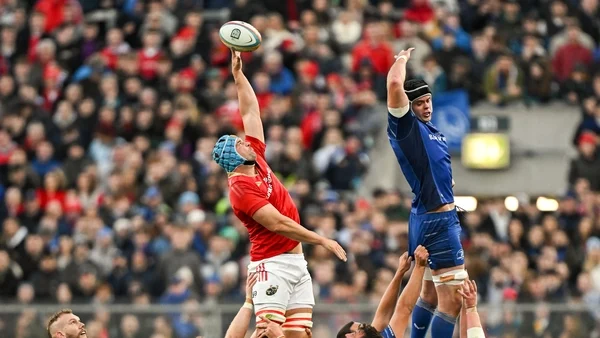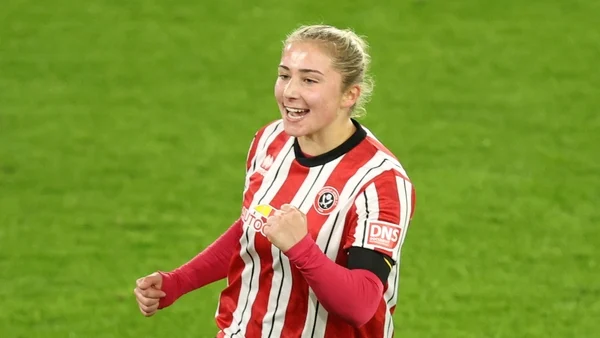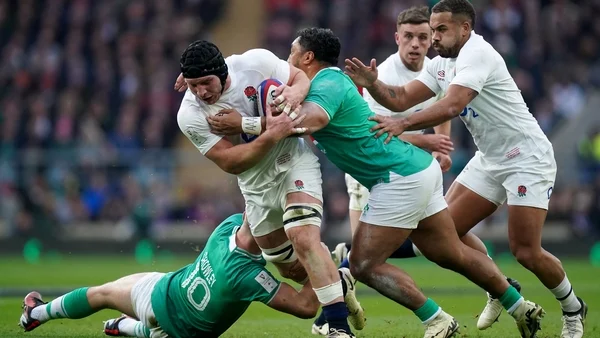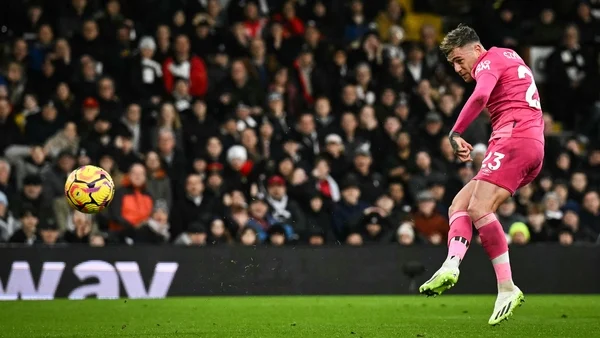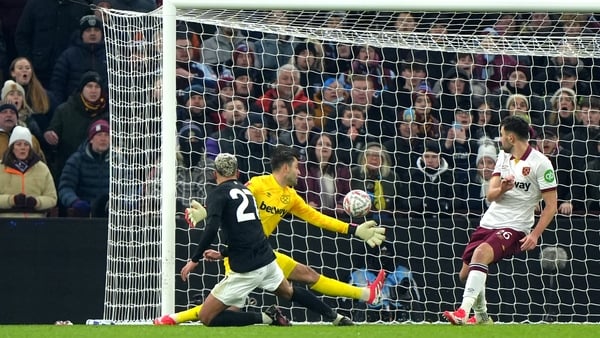If you have watched Munster across the last couple of games, you wouldn't need to be an expert to identify their problem area right now.
Through five rounds of games in the BKT United Ruby Championship, the province's lineout could generously be described as a mess.
With a success rate of just 79%, their lineout ranks as the second worst in the URC this season, with Zebre the only side who have a worse retention rate on their own throw.
It’s not a new phenomenon. Last season Munster were also inconsistent at lineout time, hitting their mark at 83% - which ranked 13 out of 16 – while the 39 throws they lost was the fifth highest tally in the league.
The last two weekends in particular, though, have turned an area of inconsistency into one of urgency.
After losing five of their own throws against Leinster in Croke Park, they regressed further in Cape Town against the Stormers, winning just eight of their 14 throws. In the last two weeks their record is 19 out of 30 for a sobering 63%.
Lineouts aren’t meant to be easy. Ireland international Rónan Kelleher once compared it to being in the middle of a boxing match and having to step out to take a golf swing, stepping away from the physical chaos to execute something so technical and surgical.
Because of the speed the game now operates at, every little movement has to be precise at the lineout.
The obvious element is that the throw has to be right, but the timing of the throw is dependent on the timing of the jump, and the timing of the jump is dependent on the timing of the lift, and the timing of the lift is dependent on the timing of the trigger. And if you get all that right, you still need to beat the opposition in the air.
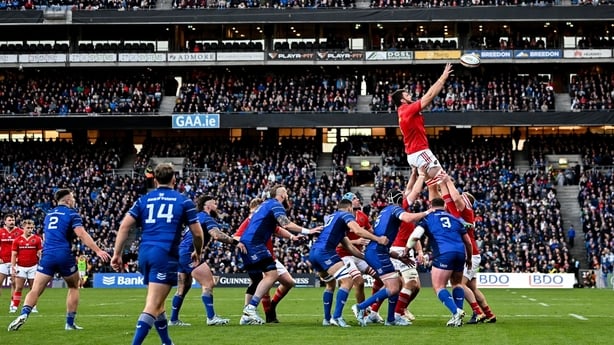
When one of those elements is off, each element becomes infected. And the more that happens, the more an opponent will prey on those mistakes.
"The lineout, there's a lot of moving parts. It's not just one thing or one person," Munster head coach Graham Rowntree said on Tuesday.
"You know, there's a lot going on. I'm not gonna throw anyone under the bus here. There's a lot of little things that we've gotta do better.
"And you know what? When you're in against teams, particularly the last two games, with good line out defenses, and a couple of things don't go your way, you get a bit panicky, and that's the guy calling the lineout, and that's the guy throwing the ball in.
"You know, it all becomes quite tense, and that can affect the flow of things. But there's lots of things that we've been working on. But, no, we have to be better in that area. There's no-one shying away from that."
There are always short-term fixes. When teams are struggling on their own throw, there are some quick remedies to get you through week to week, like throwing more to the front of the lineout, stripping back the menu of plays, or opting for more four or five-man options where there is more space.
What will be more difficult for Munster now is fixing the issues long-term.
The province have had some injuries to deal with in recent weeks, but not to the extent that it could impact their lineout so drastically.
Against the Stormers, their captain Tadhg Beirne was on calling duty, with a World Cup-winning Springbok, Jean Kleyn, and all 6ft 9in of Tom Ahern in the back row, while there was ample experience in Jeremy Loughman, Niall Scannell (below), John Ryan and Jack O’Donoghue in the starting side.
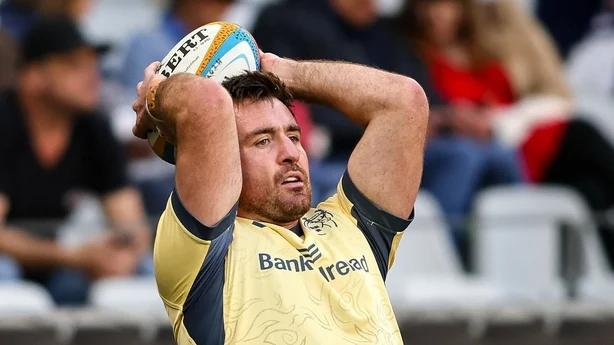
It doesn't get much easier, with a Sharks side containing the likes of Eben Etzebeth and their former lock Jason Jenkins awaiting them.
"I'm fairly confident that if we can improve our mechanics, our speed, our lift, our throwing accuracy, I think that will improve our lineout," Rowntree added.
"I'm fairly confident if we take the right option that will improve our lineout.
"[I am] Not sugarcoating anything externally or internally. Admitting where we've got to get better. And getting on with it, you know?
"I can't hide our lineout woes, and the lads won't. All you can do is you've got to be positive, crack on, and fix what you can.
"And I've seen it happen before. We've fixed things before. And our faults, generally, around lineout, there are a lot of moving parts which we've addressed."
